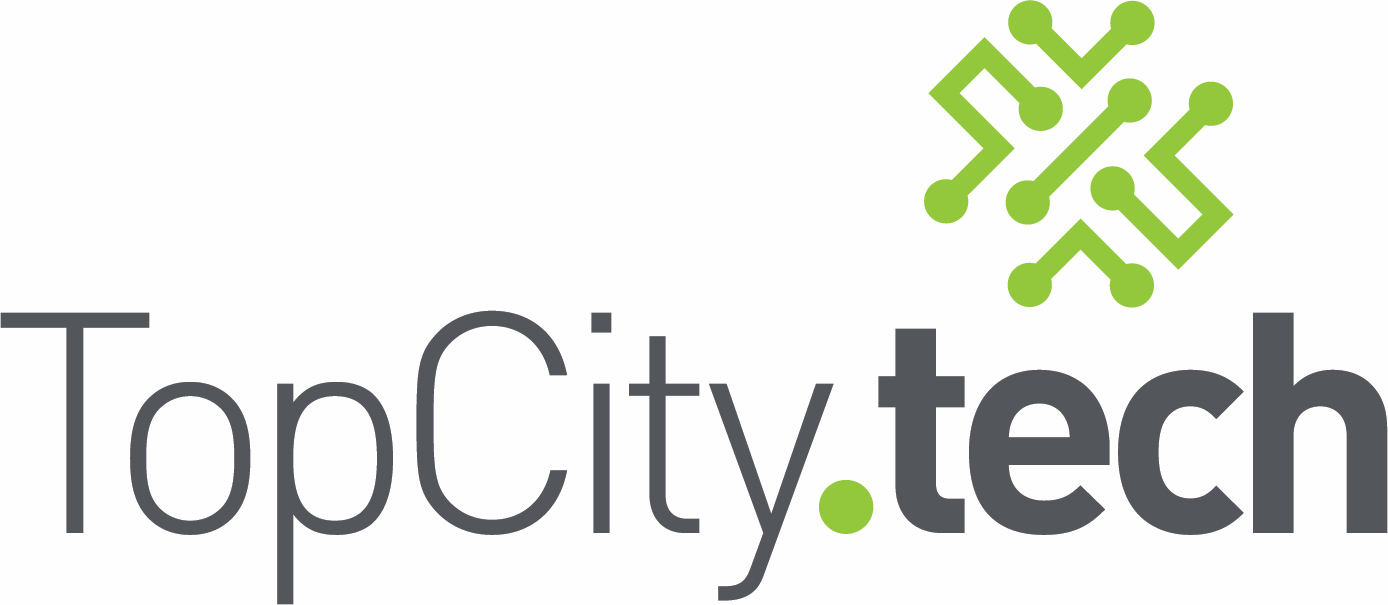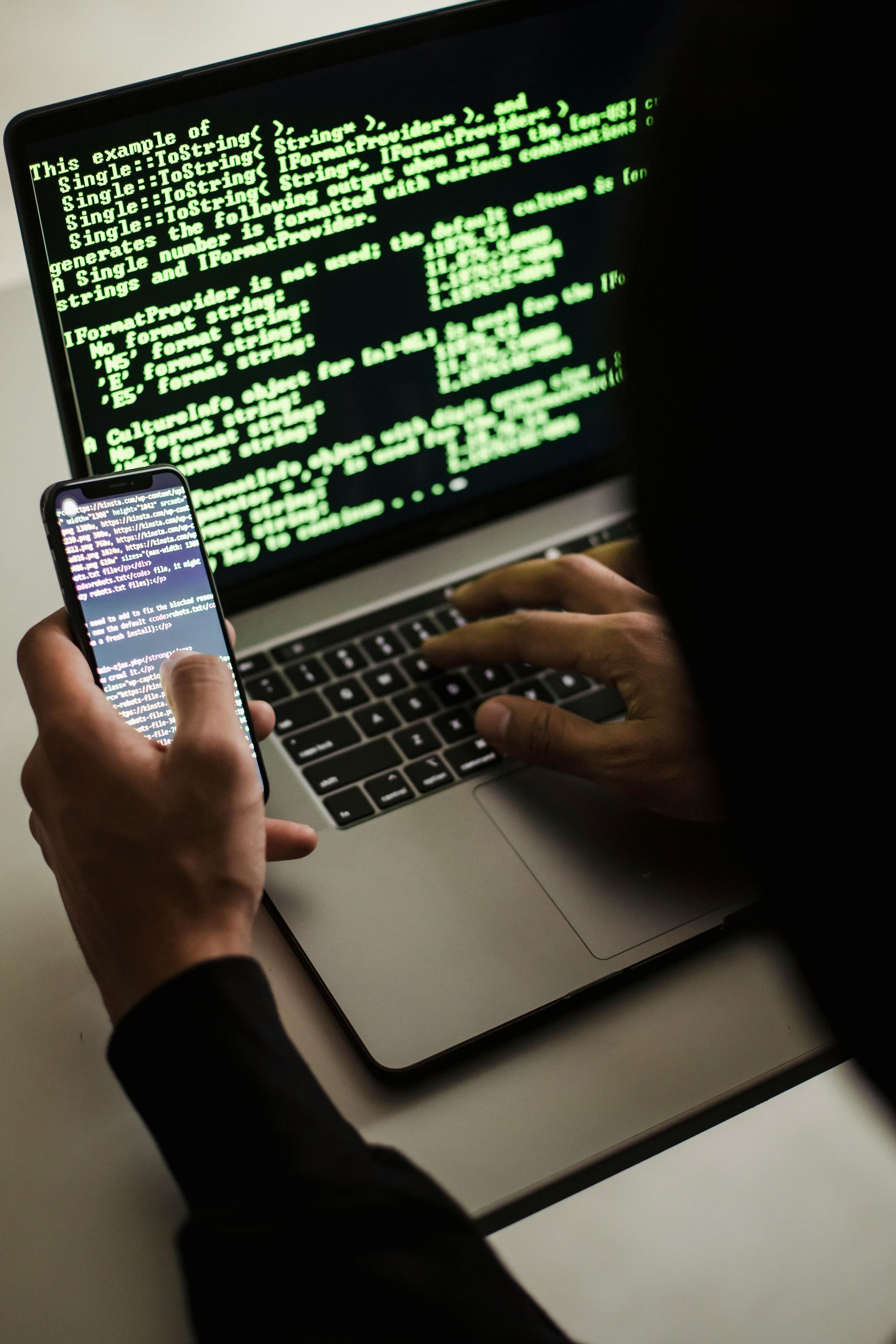How a Facebook Ad Let Hackers Into a Local Business
Sarah runs a small boutique here in town. She's on Facebook every day—posting products, chatting with customers, running her business. Last month, she clicked the wrong thing. It turned into a week-long headache.

It Looked Completely Normal
Sarah was scrolling Facebook when she saw what looked like a notification. You know the little red bell icon? It looked exactly like that.
She clicked it. That "notification" wasn't from Facebook. It was a malicious ad designed to look identical to Facebook's interface. The kind of scam that tricks even careful people. Within seconds, malware downloaded to her computer. She didn't notice anything at first.
When Things Got Strange
A few days later, weird things started happening: Her computer slowed down. Files appeared and disappeared. Programs opened on their own. Her mouse moved when she wasn't touching it. Someone else was controlling her computer. That's when she called us and brought her machine into our office.
What We Found
We opened up her computer and immediately found the problem—actually, multiple problems. Hackers had installed several pieces of malware. Worse, they'd installed remote access apps that let them see everything she did, access all her files, and control her computer whenever they wanted. We deleted everything we found and sent her computer home. Problem solved, right? Not quite.
They Came Back
The next day, Sarah called again. New remote access programs had appeared. The hackers were still getting in. She brought the computer back. We cleaned it again. They came back again. Here's what we didn't realize at first: the hackers weren't just on her computer. They'd compromised her entire network through her router.
The Real Problem
While Sarah's computer was infected and connected to her network, the malware had accessed her router and changed its settings. Even after we cleaned her computer perfectly, those malicious router settings remained. Every time she reconnected to her network, the compromised router let the hackers back in. We could clean her computer a hundred times. Until we fixed her router, the hackers had an open door.
The Solution
We reset her router to factory defaults and set up a new strong password. That was it. That's what finally stopped them. We also installed an ad blocker on her browser. Fewer ads on Facebook means fewer chances to click something malicious by mistake.
No more remote access apps. No more mysterious activity. The hackers were locked out for good.
What This Cost Her
Nearly a week of stress and lost productivity. Fortunately, we caught it before they accessed anything sensitive.
How to Protect Yourself
- Never click notification icons on Facebook. Real notifications appear at the top of Facebook, not in your feed. If something looks clickable in a weird spot, it's probably fake.
- Watch for things that look "too real." Hackers are good at copying Facebook's design perfectly. When in doubt, navigate to notifications manually instead of clicking.
- Use an ad blocker. Extensions like uBlock Origin reduce the number of ads you see, which means fewer opportunities for hackers to trick you.
- Change your router password regularly. Most people set it once and forget it. Change it every few months, and make it strong.
- Call for help if things seem off. Weird computer behavior isn't normal. The sooner you call, the less time hackers have to cause problems.
- Don't try to fix it yourself. Sarah's first instinct was to run antivirus software and hope for the best. That wouldn't have found the network access. Some problems need professional help.
The Bottom Line
Sarah's story isn't unique. We see variations of this regularly. Hackers are getting smarter. Their fake ads and notifications look completely legitimate. Even tech-savvy people fall for them. One click is all it takes. If something feels wrong with your computer—even slightly—don't wait. Don't hope it'll go away. Bring it in and let us take a look before a small problem becomes a bigger one.
We'll find what's hiding, lock the hackers out, and make sure they can't come back.







